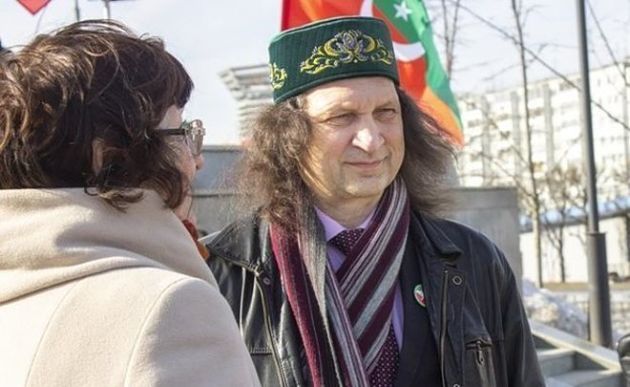The Supreme Court of Russia has rejected the appeal of Pavel Shmakov, director of the Kazan school “SOLNTSE”, against the invalidation of the new federal educational standards, which abolish the state languages of the Russian Federation as compulsory subjects.
Shmakov, who is ethnically Russian, was trying to ensure that the Tatar language would continue to be taught as a compulsory subject in state schools in Tatarstan, rather than as an optional subject.
The decision to reject his demands was made by Judge Yuri Grigorenko of the Russian Supreme Court. However, the nationalities of the participants in this process say little, except that the dividing line does not always automatically follow the ethnic principle.
As the ideologues of the “Russian world” constantly emphasize, it is a “multiethnic” phenomenon, and decisions to combat language imposition in the Kremlin are made by figures like Izrayitel-Kiryenko, Vayno, and other “Russian patriots.”
Meanwhile, ethnic Russians like Shmakov can be found today among advocates of the Tatar language, supporters of an independent and united Ukraine, Islamic volunteers in Syria, and other fronts resisting Moscow imperialism.
In essence, it can be said that the outcome of the trial was never in doubt from the beginning. After all, the independence of the judiciary in Putin’s Russia is as hypocritical a fiction as its federalism.
The fight against the state languages of the republics as part of the struggle to transform them into ordinary provinces is a decision made in the Kremlin within the framework of the strategy of building the “Russian world”.
And the fact that it directly contradicts the constitutions of the Russian Federation and its republics, in which their national languages are defined as state languages and equal to Russian (which is compulsory in education), does not concern anyone.
Because the constitution in this country is as much a fiction as the independence of the judiciary and federalism.

